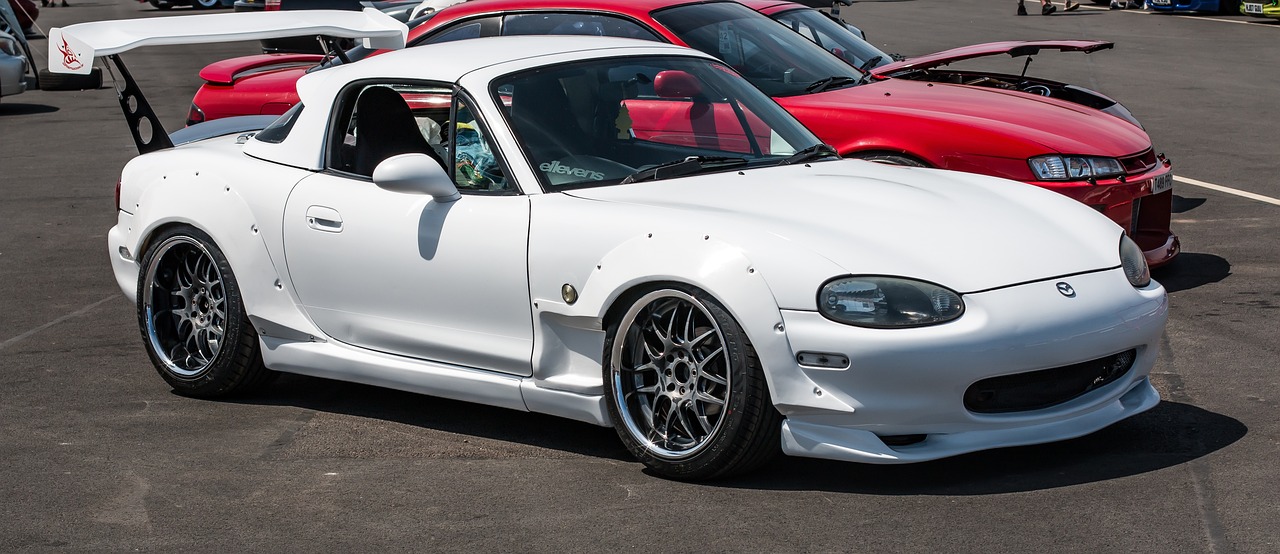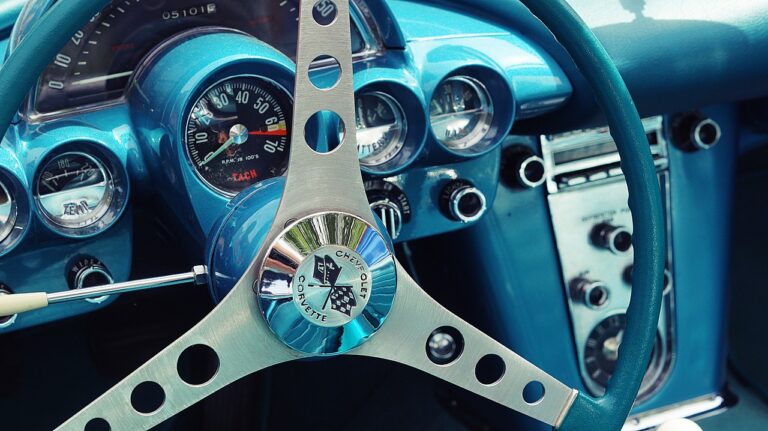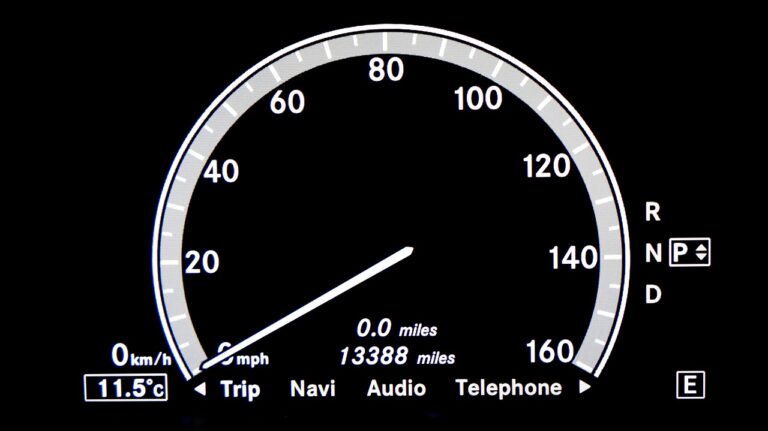The Impact of Electric Vehicles on Suspension System Design and Manufacturing
betbhai com, playexch login, gold 365:Electric vehicles (EVs) have revolutionized the automotive industry, offering a cleaner and more sustainable mode of transportation compared to traditional internal combustion engine vehicles. As EV technology continues to advance and gain popularity, the impact on suspension system design and manufacturing has become increasingly apparent. In this article, we will explore how electric vehicles are influencing suspension system design and production.
The Rise of Electric Vehicles
The shift towards electric vehicles has been gaining momentum in recent years, driven by factors such as increasing environmental awareness, government incentives, and advancements in battery technology. As more and more automakers invest in electric vehicle production, the need for innovative suspension systems tailored to the unique requirements of electric propulsion has become a priority.
The Impact on Suspension System Design
Electric vehicles differ from traditional vehicles in several key ways that affect suspension system design. One of the most significant differences is the weight distribution of EVs, with heavy battery packs often located low in the vehicle to improve stability and handling. This lower center of gravity requires suspension systems that can effectively distribute weight and reduce body roll during cornering.
Additionally, electric vehicles typically have instant torque delivery, which can put added stress on suspension components during acceleration and deceleration. Suspension systems must be designed to withstand the increased forces generated by electric propulsion while maintaining a smooth and comfortable ride for passengers.
Furthermore, the absence of an internal combustion engine in EVs means that there is less noise and vibration to mask any suspension-related issues. This highlights the importance of designing suspension systems that minimize noise and vibration while providing optimal performance and comfort.
Manufacturing Challenges and Opportunities
The design and production of suspension systems for electric vehicles present unique challenges and opportunities for manufacturers. For example, the increased demand for lightweight materials to improve vehicle efficiency and range requires suspension components to be designed with a focus on weight reduction without compromising strength and durability.
Additionally, the integration of advanced technologies such as regenerative braking and adaptive suspension systems in electric vehicles necessitates more complex and sophisticated suspension designs. Manufacturers must invest in research and development to stay ahead of the curve and meet the evolving needs of the electric vehicle market.
FAQs
1. How do electric vehicles differ from traditional vehicles in terms of suspension system requirements?
Electric vehicles have unique weight distribution, instant torque delivery, and reduced noise and vibration, which influence suspension system design.
2. What are some of the challenges facing manufacturers in designing suspension systems for electric vehicles?
Manufacturers must address the need for lightweight materials, advanced technologies, and increased durability in suspension system design for electric vehicles.
3. How can suspension system design impact the performance and comfort of electric vehicles?
Effective suspension system design can improve stability, handling, and ride quality in electric vehicles, enhancing the overall driving experience for passengers.
In conclusion, the rise of electric vehicles is reshaping the automotive industry and challenging manufacturers to rethink traditional suspension system design and production processes. By embracing innovation and adapting to the unique requirements of electric propulsion, suspension system manufacturers can play a crucial role in driving the future of sustainable transportation.







